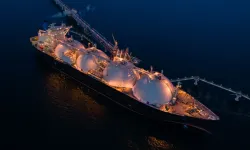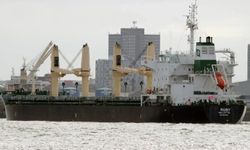The move is part of ongoing efforts by Western nations to increase costs associated with the shipping of Russian oil and oil products, while ensuring the steady flow of petroleum to global markets.
As part of the sanctions, the Treasury's Office of Foreign Asset Control has identified 14 crude oil tanker vessels with ties to Sovcomflot, freezing any U.S. assets held by the targeted entities and prohibiting Americans from engaging in transactions with them. The sanctions specifically target Sovcomflot as a parent company, implicating it in price cap violations and deceptive activities.
To maintain global oil flow, the Office of Foreign Asset Control has issued general licenses permitting the offloading of crude oil and other cargoes from the 14 designated vessels for a 45-day period. Additionally, transactions with other Sovcomflot tankers remain unaffected.
The background to these actions involves the G7, the EU, and Australia imposing a $60 per barrel price cap on Russian oil in late 2022. This cap prohibits the use of Western maritime services, including transport, insurance, and financing, for oil shipments priced at or above the established limit.
The Treasury official, in a briefing with reporters, explained that the designations aim to limit Sovcomflot's capacity to violate the price cap, forcing Russia to invest more in alternative avenues for oil transportation. While specific violations by Sovcomflot were not disclosed, the sanctions are expected to impact the company's ability to generate revenue for Russia's war efforts.
The Western sanctions, coupled with the price cap, have compelled Russia to rely on an aging fleet of tankers, known as the "shadow fleet," to transport oil to consumers like India and China, beyond its traditional European customer base. This shift in transportation methods is intended to diminish Moscow's revenue available for military purposes.






